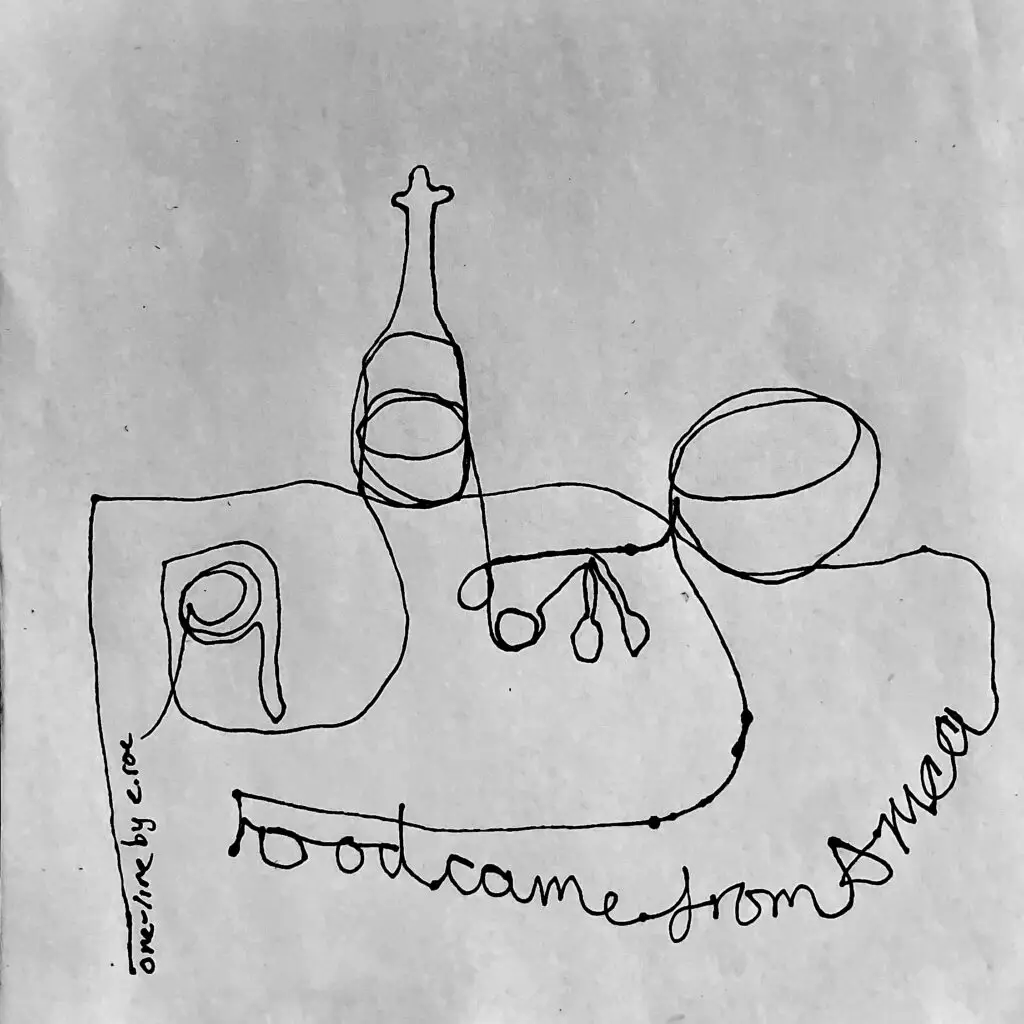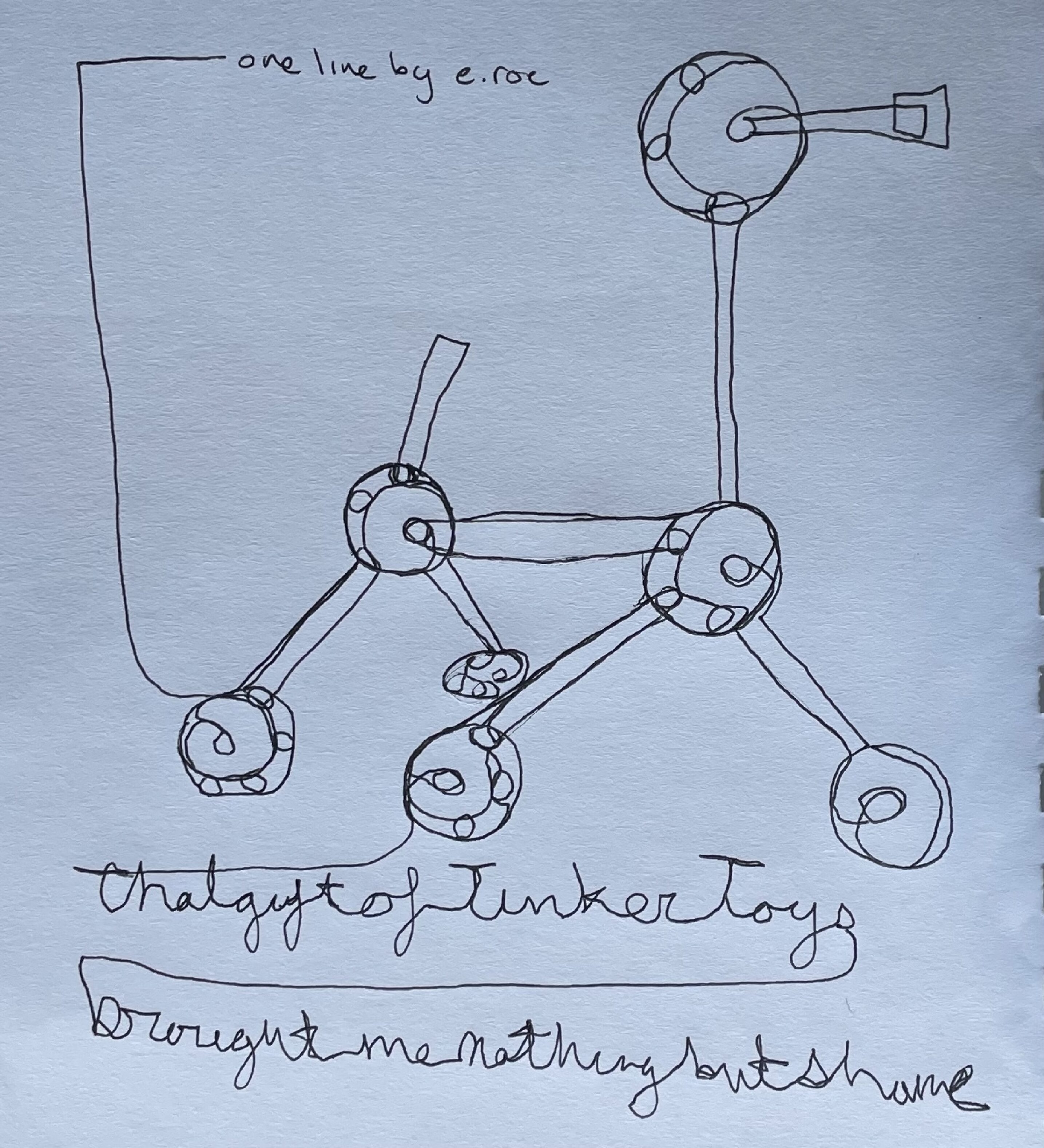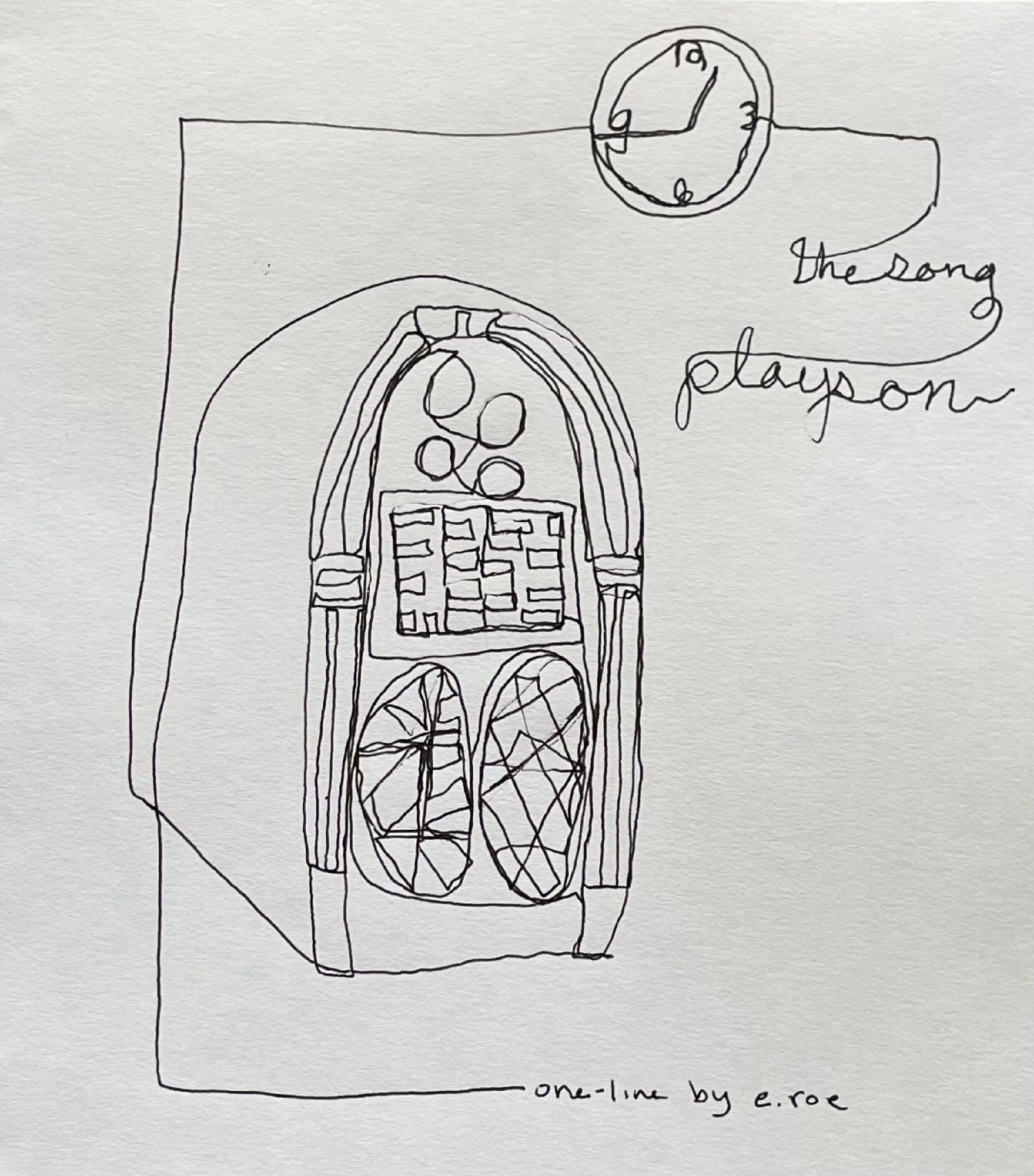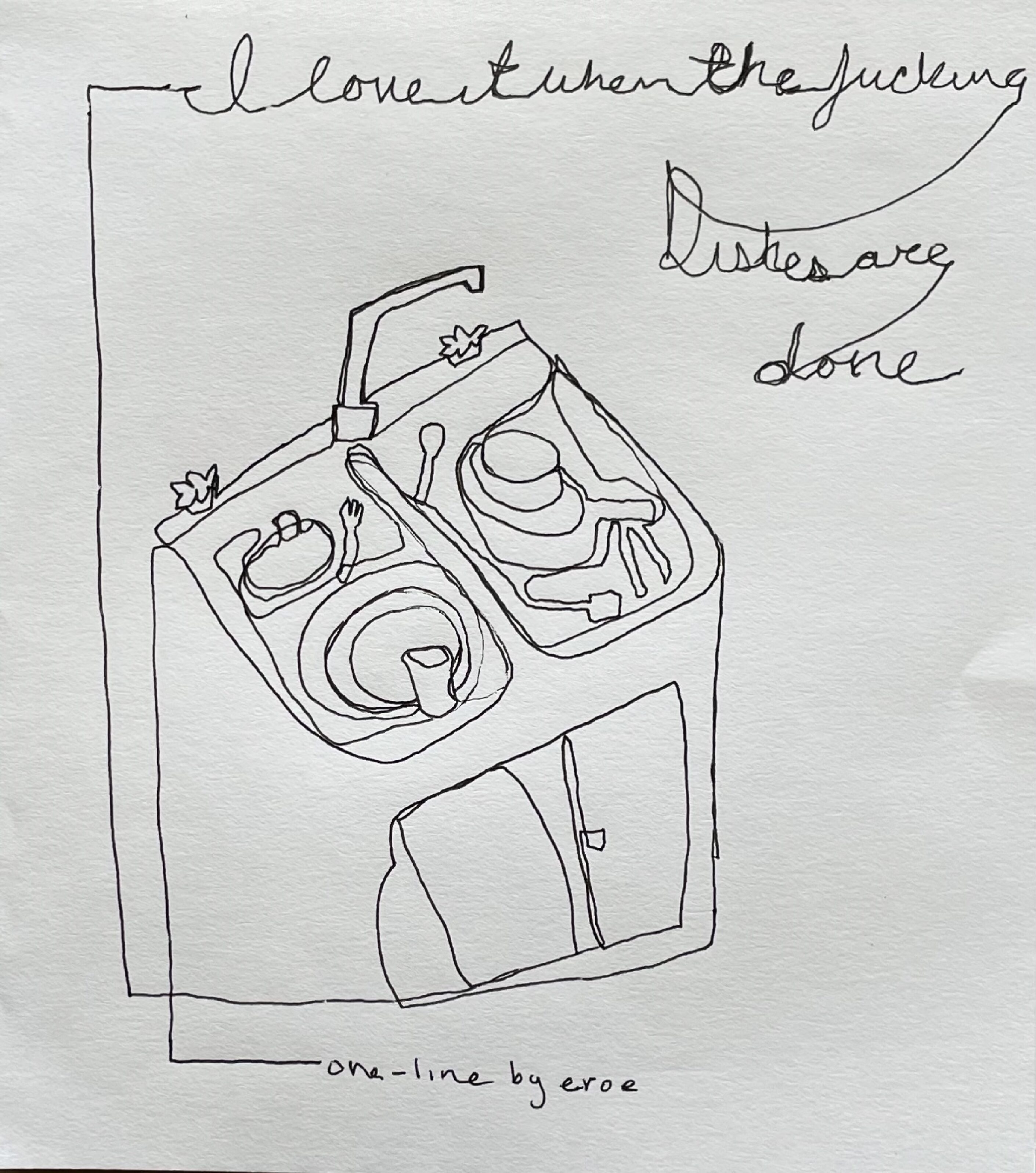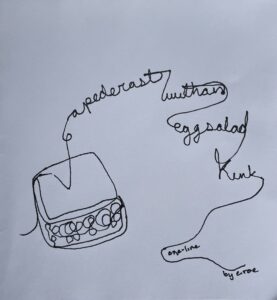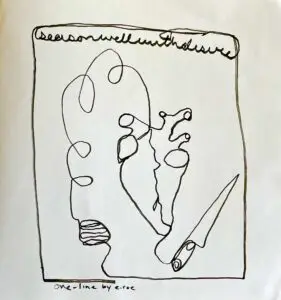Babanbaba died when his youngest was only two, and he left behind girls and boys that grew up to become aunts and uncles. His wife Babanne was left to raise them alone. She had never made it past 6th grade. She’d never worked a job in her life and never would. She spent every day cooking and cleaning and praying and yelling after her children. Three years after her husband’s death, Babanne took in her brother’s children and raised them as her own. The two-bedroom house became smaller with each passing day.
For years, Babanne saved each bag and plastic container she touched. The bakkal downstairs gave them to her, for free, with the purchase of bread and milk and little çiklet for the many children in her life. Well into adulthood, Babanne’s children, her neighbors, and old friends who were as loved as relatives, would come over for breakfasts and lunches and dinners and çay. In return, Babanne carefully packaged and distributed goods to them, taken from larger containers that her oldest friend had given to her— for free.
The food came from Amca. His name was never anything but Amca, uncle. Amca was lucky to work a stand at the bazaar, where wide eyed, slack jawed tourists would buy lokum and insist on calling it Turkish delight. For their crimes against language, he charged them four times the amount. With the extra money, he explained away the missing grain and nuts, dried fruits and spices to his boss. It meant he was able to feed his best friend’s children and their mother.
Now, some might say this is wrong. One shouldn’t swindle and lie. One shouldn’t pilfer pockets or inflate prices falsely. Only bad men do this. But poor men trying to survive cannot be bad men. Or rather, even if they’re bad, one can find their goodness. Amca fed dozens of children for 47 years, till the day he lay wrapped in a humble white sheet, buried beneath earth. Babanne, everyone in her care, and the birds she fed lived off Amca’s gifts. In Islam, it is a rule of the faith to give up a percentage of your wealth each year to charity. The good Muslims do it. The best Muslims are the ones who have nothing and still give all they have.

